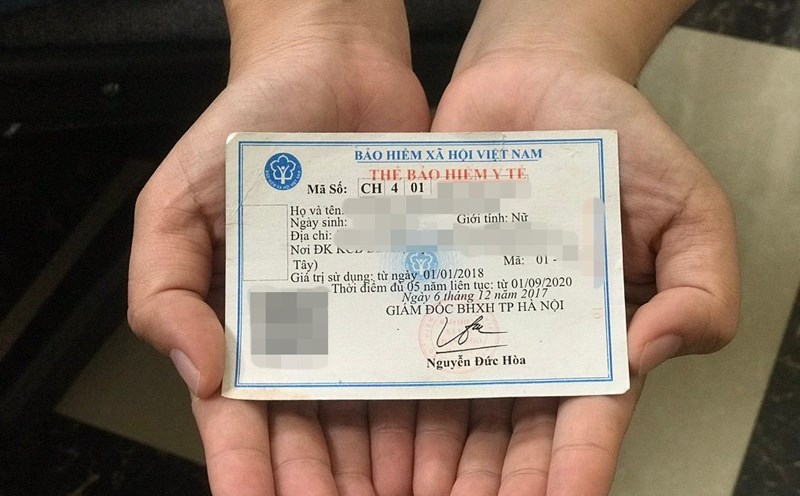Male patient V.H.H, 25 years old, residing in Hai Phong, is a freelancer, admitted to the hospital in a state of fatigue, lethargy, nausea and vomiting.
The patient has a history of type 1 diabetes was diagnosed 3 years ago, treated with insulin but did not comply regularly. A week before being admitted to the hospital, the patient began to feel tired, eat poorly, and have pain in the lower left flank. After that, consciousness decreased, response was slow, nausea and vomiting a lot. At the local Medical Center, blood sugar was measured very high, so the patient was transferred.
When admitted to the hospital, the patient was thin, BMI was only 15.6, showing signs of dehydration, Glasgow 14 points. Clinical examination did not detect edema, the thyroid gland was not large, the heart was at 93 ck/minute, blood pressure was 110/70 mmHg, the lungs were well-ventilated, the abdomen was soft but the epigastric and umbilical cord were express. No signs of abnormal neuralgia were reported.
Clinical results showed an electric cardio of the tube, chest and abdominal X-ray showed no abnormalities, abdominal ultrasound showed kidney deposits on both sides. The patient was diagnosed with ketone acidosis due to type 1 diabetes on the basis of physical exhaustion, with signs of digestive and urinary tract infections.
After active treatment, the patient was completely alert, Glasgow 15 points, no signs of dehydration, stable heart and lungs, no more vomiting or nausea. The patient continued to be consulted to control blood sugar to prevent the recurrence of ketone acidosis, and at the same time developed a specialized diet for type 1 diabetes in a state of exhaustion.
Doctor Hoang My Le Dung - Department of Intensive Care - said: "If patients with type 1 diabetes do not comply with insulin treatment, they are likely to fall into ketone acidosis - a dangerous acute complication. Early detection, timely treatment and education in self-management skills play a vital role.











